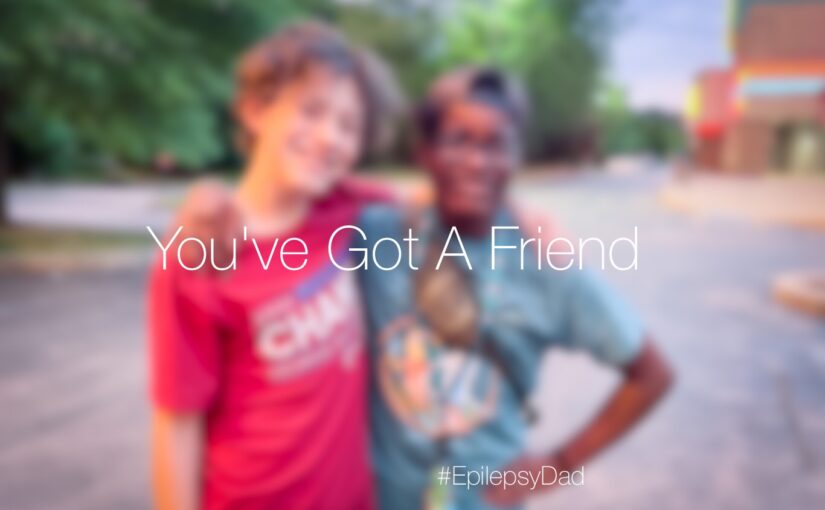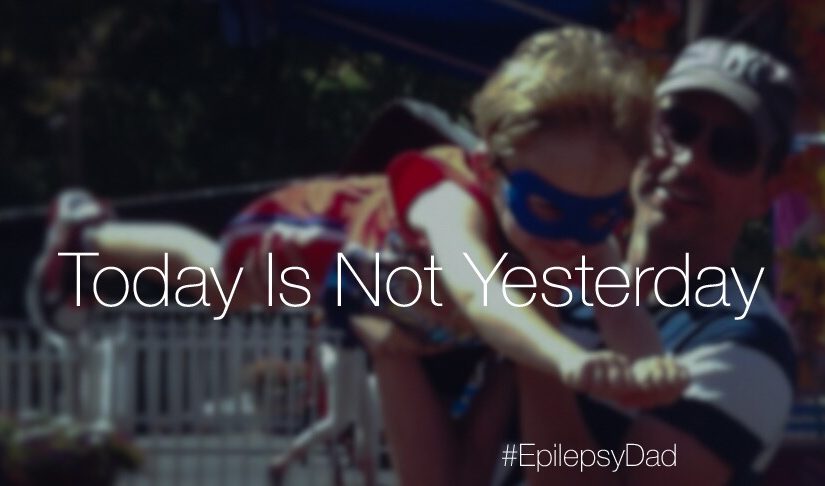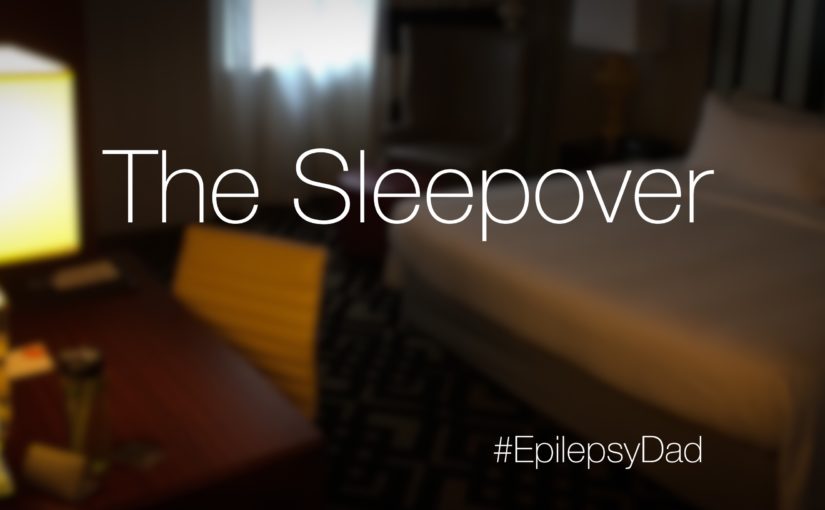A few weeks ago, we had one of my son’s friends from his new school and his family over for dinner.
My son goes to a school for unique learners. He started there last year, and we uprooted from the city to move closer to the school. It was a big risk at the time, but it paid off.
It’s the first time we felt like he was in a place that understood him and was putting in the work to teach him. It’s the first time since our epilepsy journey started that he has been able to attend a full school day. My son is happy, learning, and surrounded by kids who are just like him; each one of those students has unique challenges and reasons for being there.
My son and his friend often FaceTime after school and play Minecraft. I’ll hear them talking and laughing from the basement, and I’ll exchange greetings with his friend when he hears me checking in. When his friend was out of school for a few days, my son would check in with him to see how he was doing. When his friend came over for dinner, the first thing he said when he got out of the car was that he needed to check on my son to make sure he was okay because my son had a rare daytime seizure the previous day.
The boys played for hours. They played video games and had Nerf battles in the basement. We heard the same joking and laughing in person that we did when they were chatting on FaceTime. It was a wonderful sound to hear in person.
While the boys played in the basement, the adults stayed upstairs and talked, mixing time between crafting and food preparation. We had a lot in common. Both families were dealing with a severe medical condition, as well as the complexities that come with it. Both boys struggled in school, and both families struggled to find a place that would work for them. There were doctors’ appointments and extended absences from school that made it hard for them to build and maintain friendships. But both families found a place where we felt the boys could learn and grow and where they found each other and other friends just like them. Both families also have one more year before we go back to the negotiating table in order to continue at the school that has given our kids a chance to be seen and to learn.
Listening to them share their story also made me furious. Not just because families of children with special needs shouldn’t have to fight so hard or be abused by the system, but also because the way their family was treated was amplified because of their race. The things they were told about their son were shameful and terrible, even more so because the comments came from people who called themselves educators.
This is the reality for kids who don’t fit into the box. The system, every system, is designed for the majority. It’s more efficient when all the pieces look the same and can be treated the same way. When an “other” shows up, it slows down the machine. The system will try to make the “other” confirm if it can or discard it in order to return to “normal.”
In some cases, when the “other” proves resistant to being discarded and fights back, the system makes conditions intolerable until the “other” has no choice but to leave. We’ve experienced this ourselves, and we’ve seen it play out too many times with the people around us, especially those on a similar path. It plays out the same way in the bureaucracy of the local school system as it does on the national stage.
Navigating this world is hard and exhausting. It often feels lonely and isolating. It’s been a while since we talked to someone who understood our experience that deeply. It was cathartic to look across the table and see someone who knew what it was like. As terrible as the experiences have been, it was comforting not to feel alone.
Playing in the basement, it was also apparent that the boys didn’t feel alone, either.


